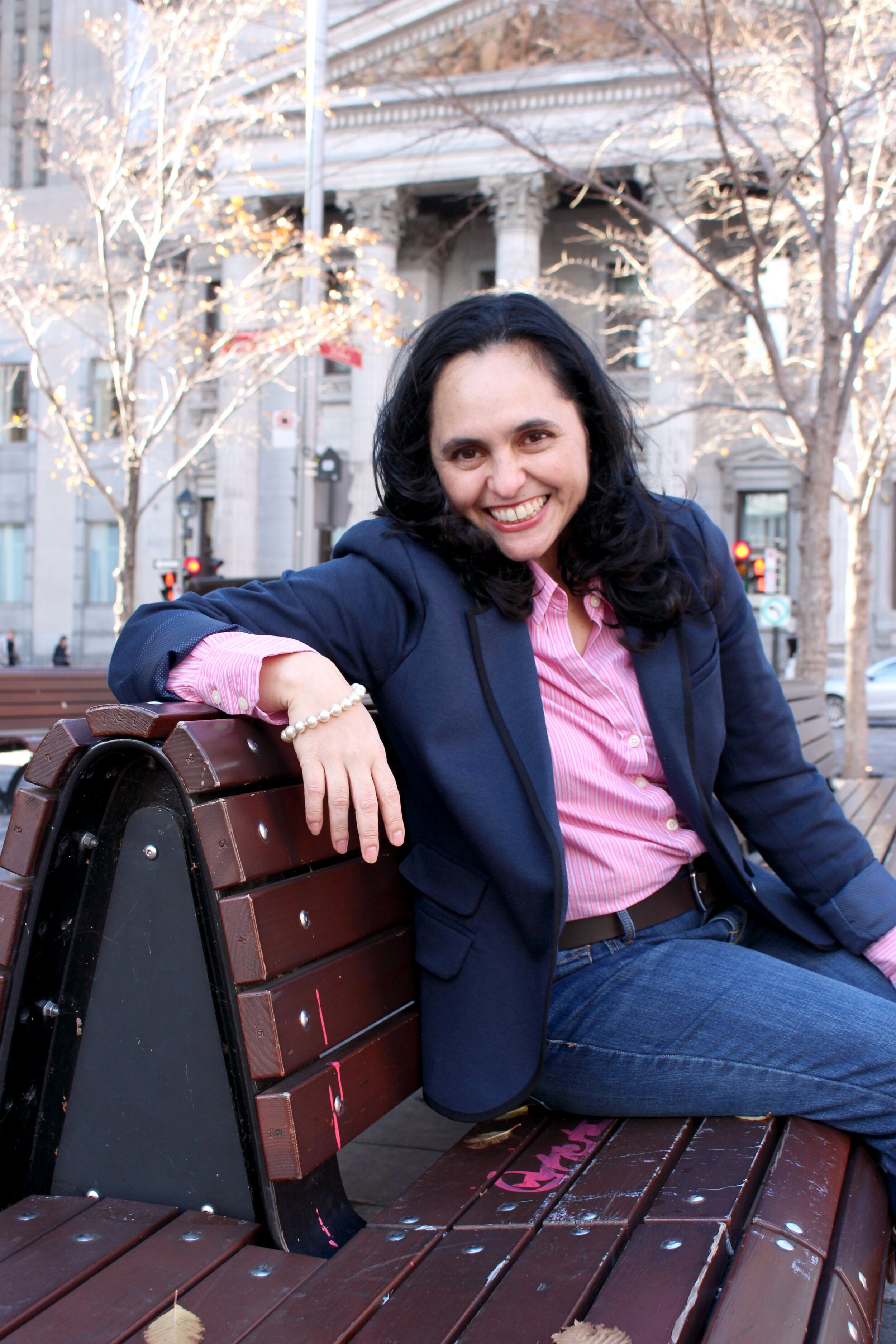Since 2012, I live in a city where each of all four seasons is experienced deeply. It is one of my favourite gifts received through immigration. I am not poetic, deeply is indeed correct. Winter can go as low as -35 C (that’s -31 Fahrenheit for my American readers), while summer temperatures can trampoline all the way to the other end of the thermometer at 40 C (104 F). Autumn is a beautiful carpet of crunchy brown and red leaves, that quickly turns frigid. A prequel to a long cold winter. Spring is often a wet mess of rain, melting snow, cool temperatures and then a magnificent show of colour when least expected.
Winter is, if you know me at all, my beloved season. I’ve lived in countries with seasons, but Montreal’s winter is its own category. I’ve never seen anything so majestic in a metropolitan city. It’s winter showing off beauty seen on a mountain while skiing. For weeks on end, a death-like slumber of white covers everything like a blanket. The same streets that only months before you walked wearing Birkenstocks, now you must struggle through feet of snow with arctic boots and coat on. Nature is dead, it seems. Trees are grey and naked. Parks are colourless. It’s hard to recall the rainbow of leaves and flowers of previous seasons.
Each activity needed for nature to live and thrive is allotted a time. An appointed space in the calendar for a specific purpose to enable the whole to operate. The rhythm of winter, spring, summer and fall, is a promise of hope straight from Genesis: “While the earth remains, seedtime and harvest, cold and heat, summer and winter, day and night, shall not cease.” Genesis 8:22
In other words, while there is life, there will be seasons to sustain that life. The sustaining includes a series of events by which life must diminish, weaken, and die, to then regenerate and bloom again. To be fruitful. To be born again.
I think of the seasons of life. The entrance into a different chapter requiring new rhythms. Motherhood. College. Marriage. New job. Divorce. Moving. The death of a loved one. Growing up. Growing old. Like in nature, to enter a new stage of life usually means the ceasing of another. Something is given up to gain something. The college student gains more freedom and gives up the comfort of the familiar. Motherhood is an invitation to live for someone else and no longer is your time yours. When you marry, mine becomes ours, I is now we, and so goes for the calendar, the budget, and the remote control.
Mostly these are small deaths unto the self. But, what does it mean to die to oneself? Perhaps the better question is, what does it feel like? Sometimes it feels like a disappointment. Or giving up a preference. It often feels like the unwanted middle seat in a row of three of an airplane. Uncomfortable. Not our first choice. Can we take this back, please? - we ask.
I think of my husband who every day dies a hundred little deaths to put me, his wife, first. I think of the way a parent will forgo personal comfort to provide for their child.
It is both simple and so hard to die to oneself. To let that seed of desire and pride to fall and crack open, be rendered small, that I may grow into someone that understands the cross better. It’s not our natural bend. None of us begin our day thinking of ways to give up what we want, go last in line, give up our seat and stand on our tired feet, and trust that we will still feel full after giving up our space. Because a small part of me dies, and I don’t want to.
But if a healthy thriving life implies dying that we may be made fruitful, then we need help outside of ourselves.
These words of Jesus strike me: “Truly, truly, I say to you, unless a grain of wheat falls into the earth and dies, it remains alone; but if it dies, it bears much fruit.” John 12:24 (ESV). The New International Version says, “it remains only a single seed,” as in fruitless.
If I remain all of me, my desires and my will unhindered, I remain only a seed. No fruit. Like a kernel of wheat, when I am broken, my life is fertile.
Some seasons feel like we are given more than we can bear, maybe because we are. Not to defeat us per say, but to help us need a Saviour more than we need to have our way.
Like nature, seasons shift us dramatically from one state to another. Who we are and what supports it, falls apart. It’s like a seed. It must hit the ground. It must break open. Then it will germinate, take root. And in due time, the old patterns of thought, old habits we like a little too much, give way to new ones. That is the Master Gardener pruning and cultivating the heart, that out of a single seed broken it may yield life. That’s what Jesus is doing in your life and mine through the season we are facing now and the ones to come. And it is ultimately good. Because He is good.


